In recent years, thoroughly grasping and implementing the Party and State's policies to support the socio-economic development of very small ethnic minorities, Kon Tum province has had many mechanisms and policies to support, develop and improve the material and spiritual life of very small ethnic minorities, including the Brau and Ro Mam; contributing to consolidating the great national unity bloc and enhancing the trust of ethnic minorities in the Party and State.
Ro Mam women in Le village, Mo Rai commune, Sa Thay district weave brocade.
Kon Tum is a mountainous border province, located in the northern part of the Central Highlands. The whole province has 43 ethnic groups living together, in particular, there are two ethnic minorities with very few people, the Brau and the Ro Mam, living in the border area with Laos. This is the only locality in the Central Highlands with very few ethnic minorities.
Help ethnic minorities escape poverty
The Ro Mam ethnic group has 192 households with 625 people, living in Le village, Mo Rai border commune, Sa Thay district. In the past, people's lives were very difficult, and transportation was still difficult. The people's economy mainly depended on agricultural production, with backward methods. However, in recent years, with the attention and investment from the Party, the State and authorities at all levels, the Ro Mam people are aiming for economic development and sustainable poverty reduction.
Coming to Le village today, we can see obvious changes such as: The infrastructure system has been invested in basically, forming the main traffic axis along the border line across Le village; the national power grid has reached every household; the domestic water system, irrigation canals serving production have been invested... Children of the Ro Mam people can go to school and receive full health care.
The lives of the people here have improved, many families have bought televisions to watch, radios to listen to news, telephones to connect to communication, motorbikes to travel, some households have even bought agricultural vehicles and trucks to serve production, striving to become rich.
Every year, the local people are supported with seedlings and animals; they are directly guided by agricultural and forestry extension officers on the application of science and technology to production. Thanks to the continuous efforts of the local people and authorities, the productivity of crops and livestock has been improved. Currently, the local people are focusing on growing nearly 110 hectares of cashew, about 60 hectares of wet rice and upland rice, 5 hectares of fruit trees, more than 90 hectares of rubber; the total herd of livestock and poultry is nearly 1,200.
Party cell secretary and village chief Le A Thai said: “In the past, the Ro Mam people had a difficult life. Now, with the attention of the Party and the State in investing in concreting roads, trading has become easier. From there, the people have more motivation and confidence to rise up and become rich legitimately on their homeland.”
Mr. A Nhat, a Ro Mam ethnic group in Le village, shared that when he received support and guidance from the local government on livestock and crop farming, he was bold in converting land use purposes and production models. From an ineffective field area, he planted 4 hectares of rubber, 2 hectares of cashew, nearly 1 hectare of cassava and rice; combined with raising livestock and poultry, he earned about 200 to 300 million VND each year.
When the material and spiritual life of the Ro Mam people is improved, the village elders, village chiefs, and prestigious people in the Ro Mam ethnic community have the conditions to preserve and exploit the advantages, cultural identity, and traditional occupations. To restore brocade weaving, a traditional occupation of the Ro Mam ethnic group, the Kon Tum Provincial Ethnic Committee has made efforts to open brocade weaving classes for Ro Mam women in Le village.
Now, under the communal house roof, whenever they have free time, women weave brocade together and share their experiences. Many households have improved their designs, creating many beautiful products to exchange goods and sell to earn extra income.
Comrade Duong Quang Phuc, Chairman of the People's Committee of Sa Thay district, said: In recent times, with the special attention of the Party and the State, the life of the Ro Mam ethnic people has changed greatly, increasingly improved, income has been increased, culture has been preserved and developed. Backward customs have been gradually eliminated; the cultural and spiritual life of the people has changed significantly.
Many specific and practical mechanisms and policies
In recent times, Kon Tum province has paid attention to leading and closely and promptly directing ethnic affairs and ethnic policies in the province, considering investment in socio-economic development as an important task for sustainable development, improving the material and spiritual life of people in ethnic minority and mountainous areas.
This work has contributed to gradually narrowing the gap in living standards and income of ethnic minorities compared to the average of the whole province and is associated with the task of building a strong political system at the grassroots level, consolidating and promoting the great solidarity bloc. Kon Tum province focuses on preserving and promoting the cultural values of ethnic minorities, preserving them for future generations.
The Brau ethnic group has 174 households with 546 people, a very small ethnic community currently living in Dak Me village, Po Y commune, Ngoc Hoi district, Kon Tum province. In order to preserve and promote the traditional cultural features imbued with the identity of the Brau ethnic group, the Kon Tum Provincial Museum and Library has conducted surveys, met and discussed with village chiefs, village elders, and prestigious people to agree on the restoration of typical festivals that no longer exist in the community.
Deputy Director of Kon Tum Provincial Museum and Library Nguyen Van Quang shared that through the survey, it was agreed to fully reconstruct the activities of the rice planting festival of the Brau people. This is a prominent festival imbued with the cultural identity of the nation, reflecting the people's wishes for a bountiful harvest.
“Thanks to the restoration work, the Kon Tum Provincial Museum and Library has archived and digitized data on the Brau people’s rice planting festival to promote the festival’s value. Every year, if possible, we will invite artisans to perform and recreate the festival at the Museum so that many tourists and locals can enjoy it,” said Mr. Quang.
Kon Tum province has issued many specific mechanisms and policies for the Brau and Ro Mam ethnic groups, with the aim of maintaining, developing and enhancing the status of the two ethnic groups mentioned above. These include Decision No. 941b/QD-UBND approving the Project to support the socio-economic development of the Brau ethnic minority in Kon Tum province until 2025 and Decision No. 941c/QD-UBND approving the Project to support the socio-economic development of the Ro Mam ethnic minority in Kon Tum province until 2025..., with a total budget to implement the projects of nearly 160 billion VND.
Comrade U Huan, alternate member of the Party Central Committee, Deputy Secretary of the Provincial Party Committee, Head of the National Assembly Delegation of Kon Tum province, said that the ethnic minorities of Kon Tum province in general, and the Brau and Ro Mam ethnic groups in particular, have changed their awareness dramatically, actively worked in production, boldly borrowed capital from social policy banks to invest in converting crops and livestock with high economic value, thereby contributing to reducing the poverty rate by an average of 3-4%/year; at the same time, actively preserving and promoting the good traditional and cultural values of their people.
Ethnic minority communities in general and very small ethnic minorities in particular, although only accounting for a small proportion of the community, but from the changes in life, socio-economics of the above ethnic communities have affirmed the policies of the Party and State have gradually entered life. From there, helping ethnic minority communities strive to reduce poverty, gradually reduce the gap in development gap with other ethnic groups, contributing to strengthening the great national unity bloc.
According to Anh Quan/nhandan.vn
Source: https://baophutho.vn/am-no-o-nhung-ban-lang-nguoi-brau-ro-mam-223271.htm


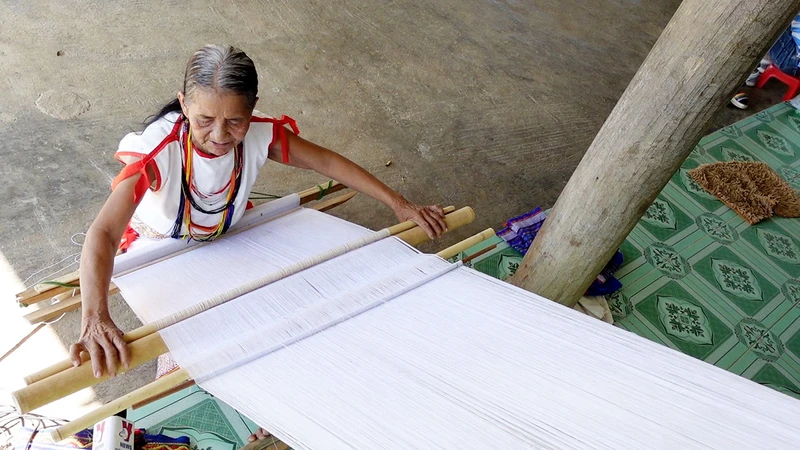

![[Photo] April Festival in Can Tho City](https://vstatic.vietnam.vn/vietnam/resource/IMAGE/2025/4/10/bf5ae82870e648fabfbcc93a25b481ea)
![[Photo] Unique folk games at Chuong Village Festival](https://vstatic.vietnam.vn/vietnam/resource/IMAGE/2025/4/10/cff805a06fdd443b9474c017f98075a4)
![[Photo] Opening of the 11th Conference of the 13th Party Central Committee](https://vstatic.vietnam.vn/vietnam/resource/IMAGE/2025/4/10/f9e717b67de343d7b687cb419c0829a2)



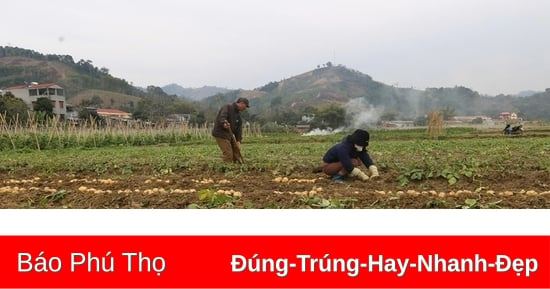
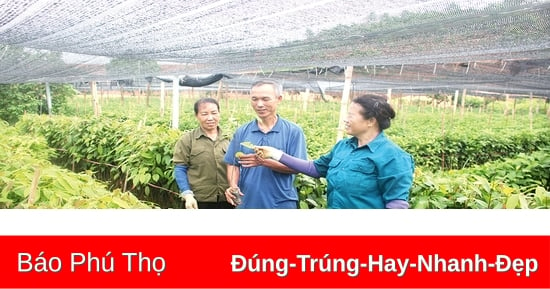

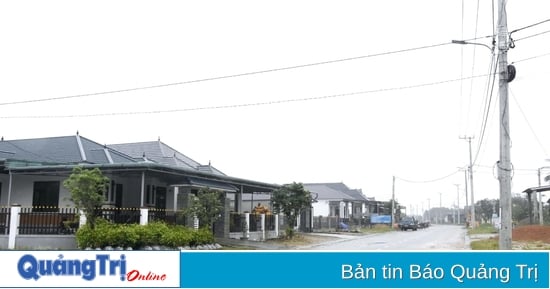

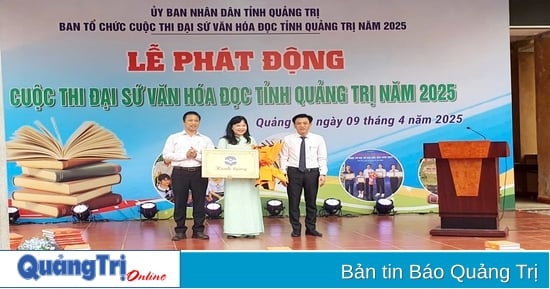
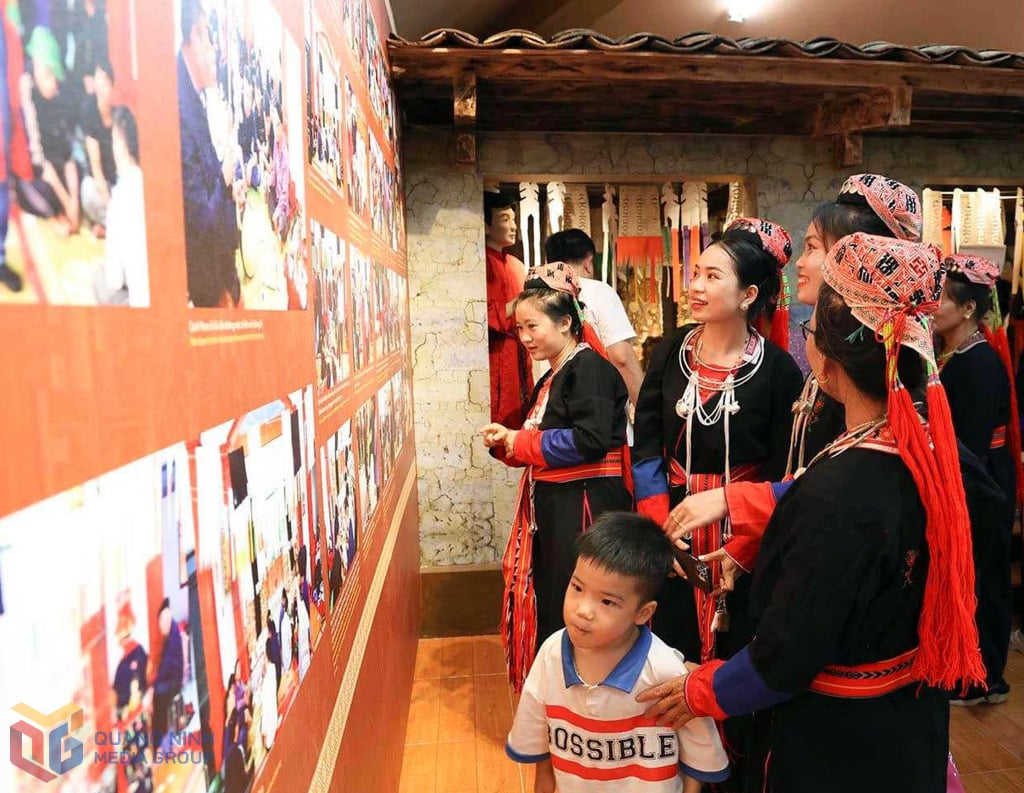

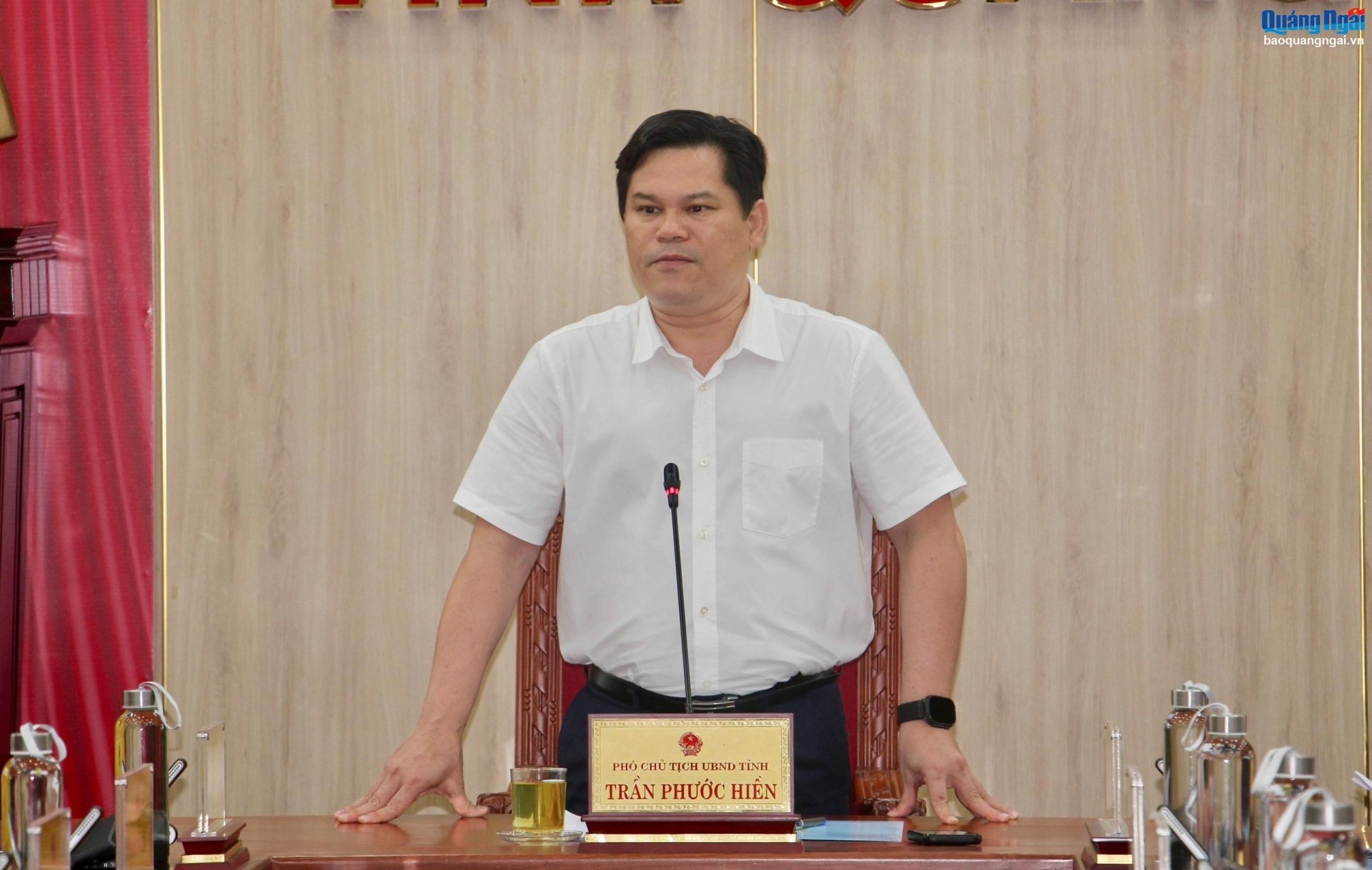
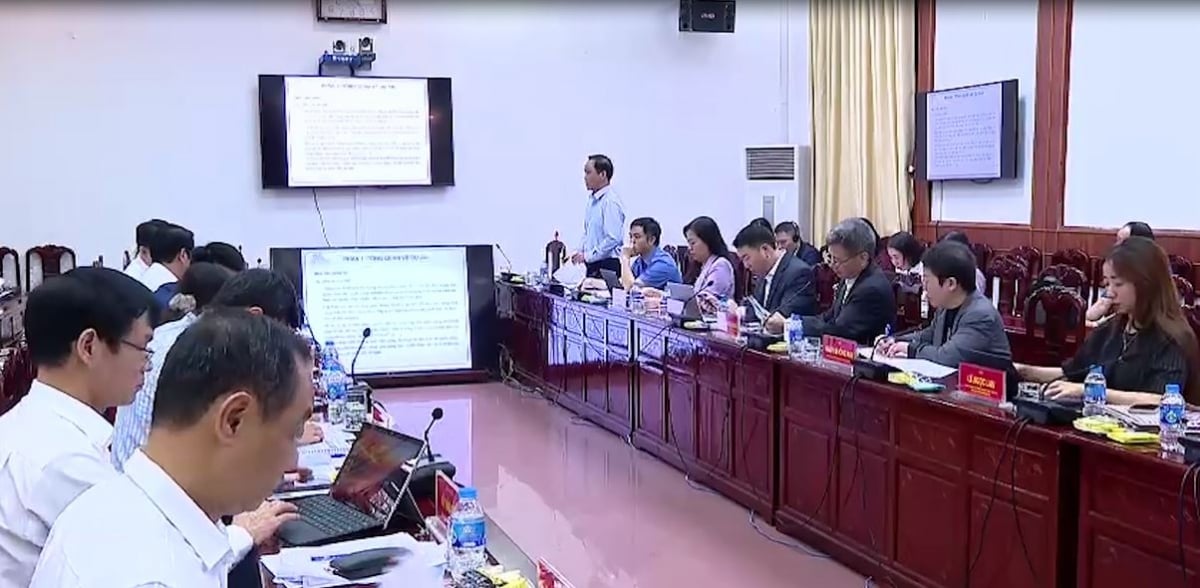
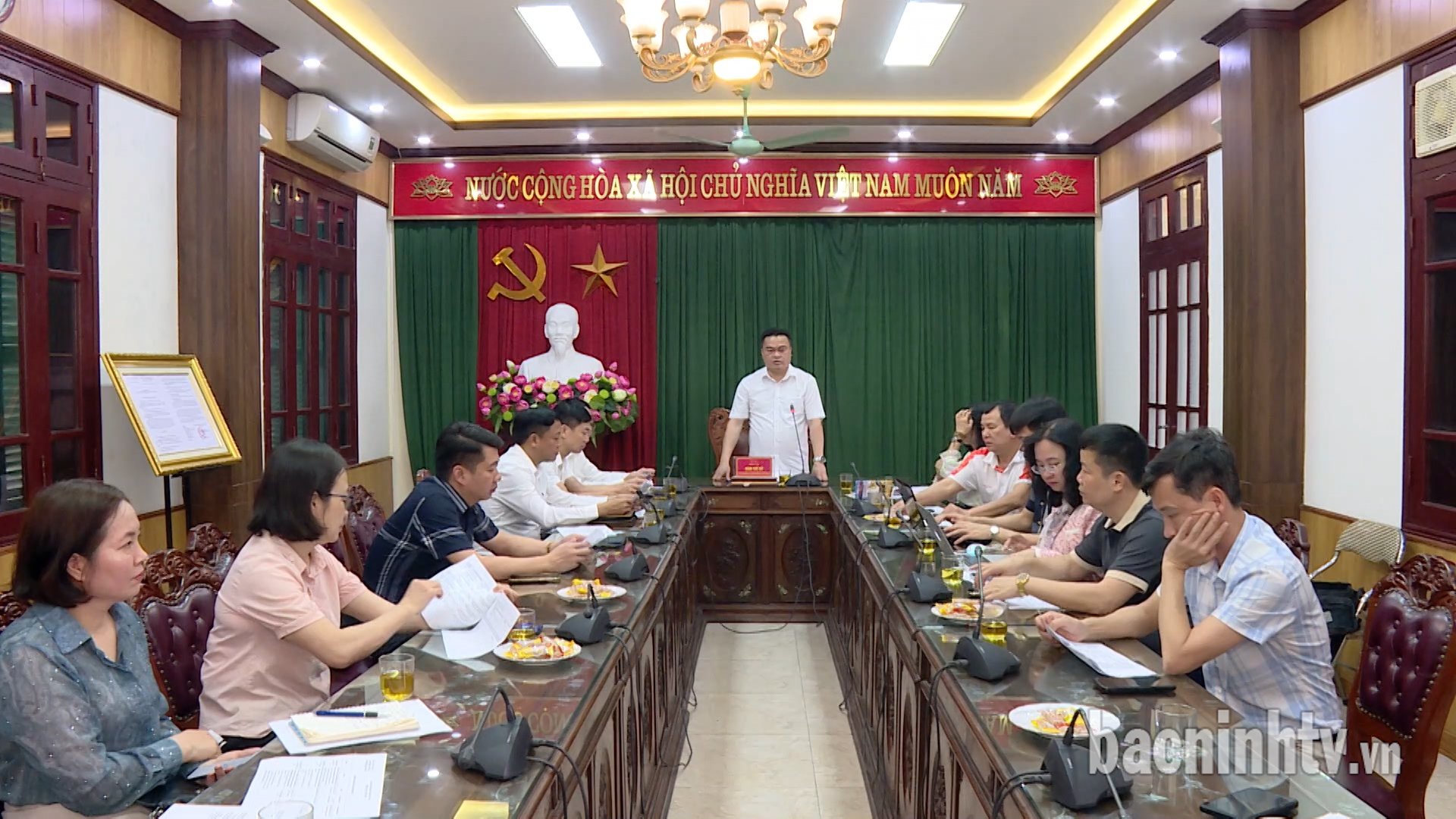
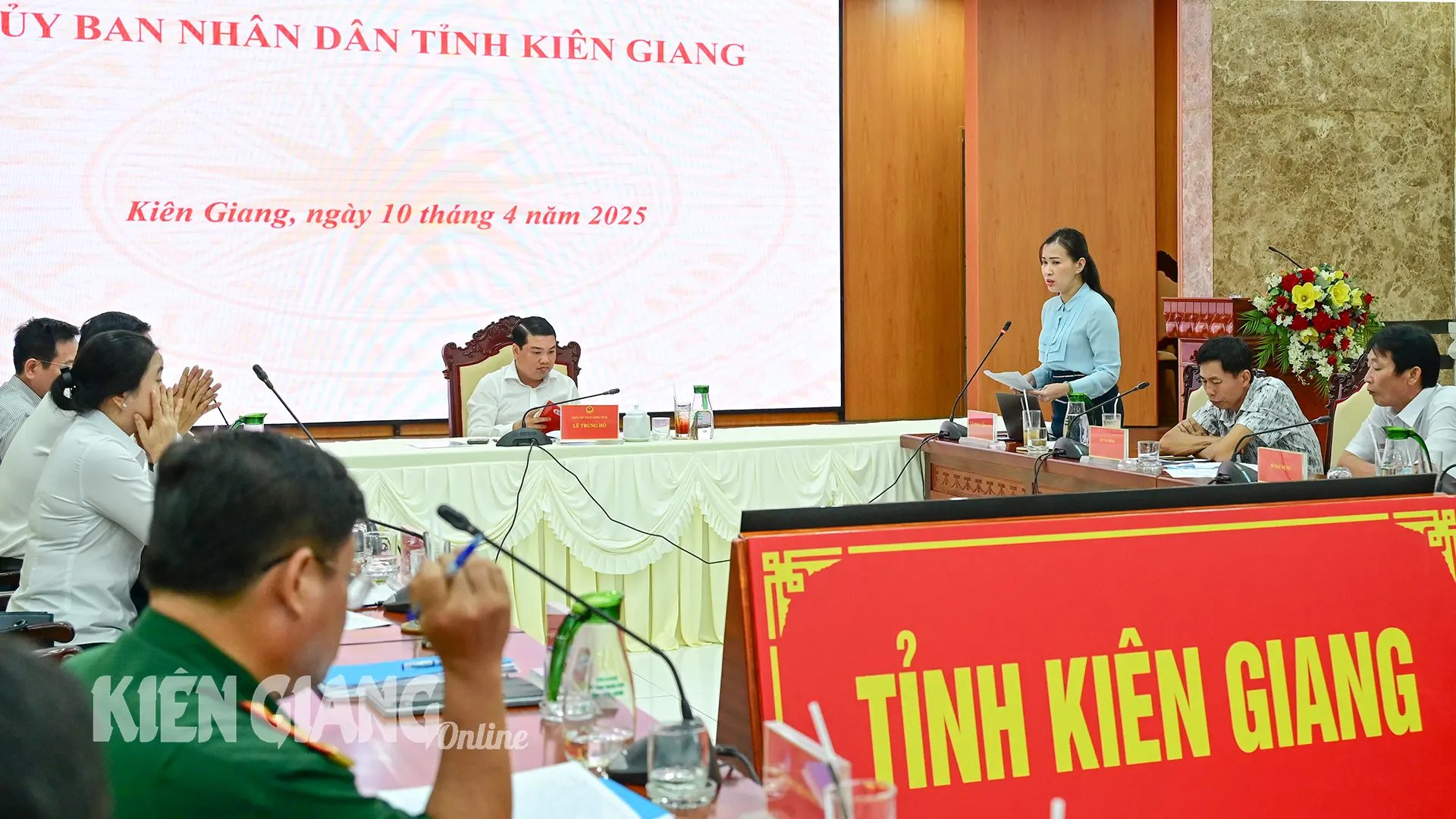
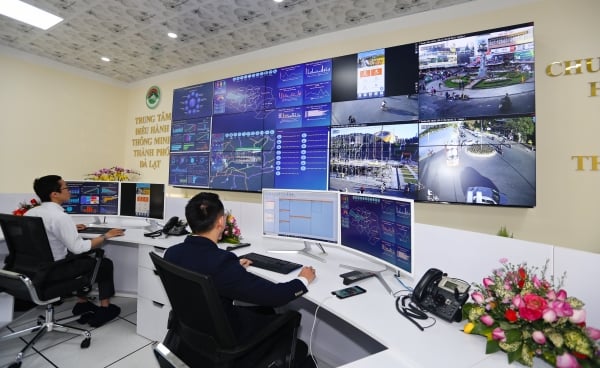
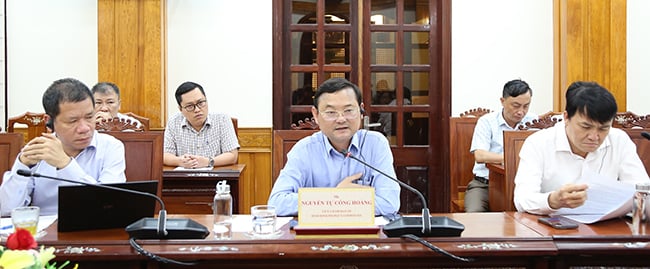




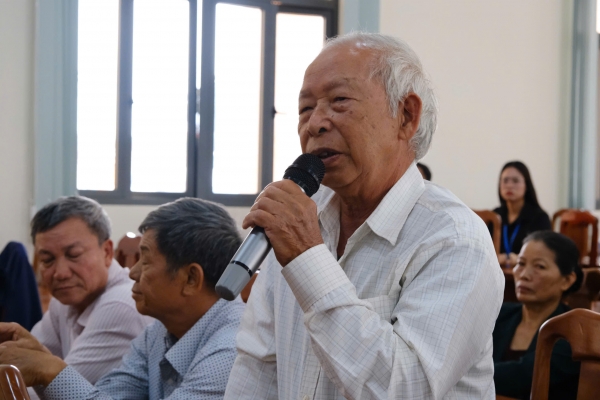
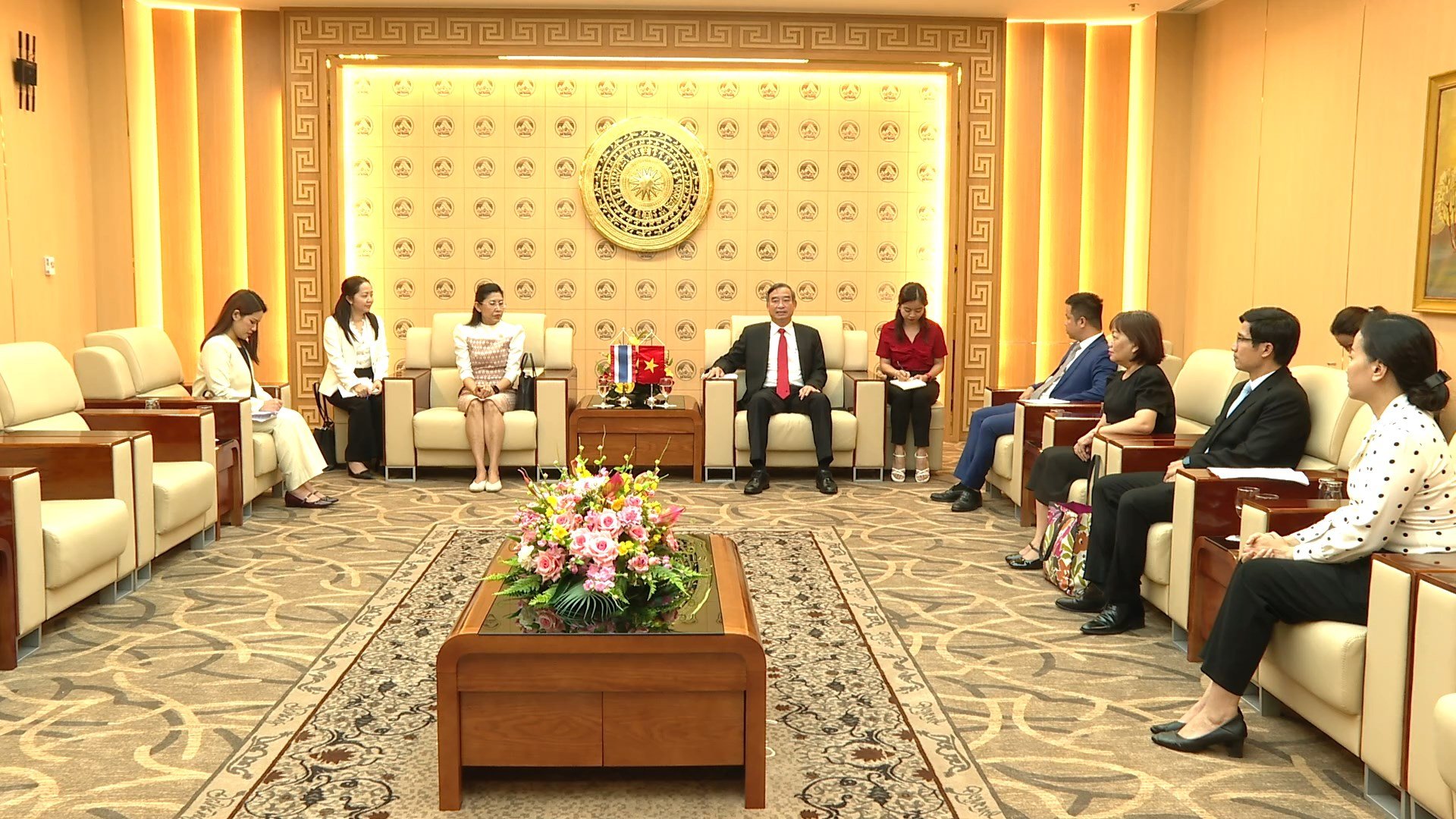
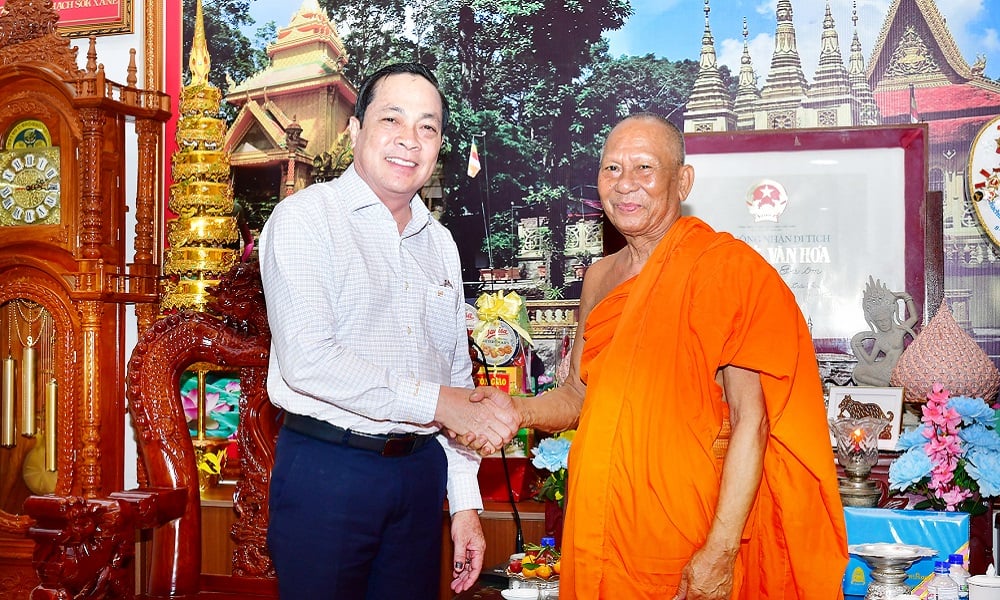
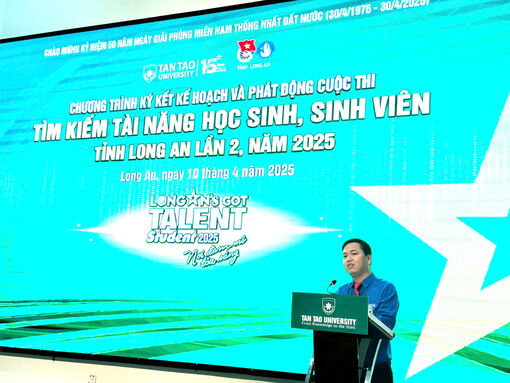
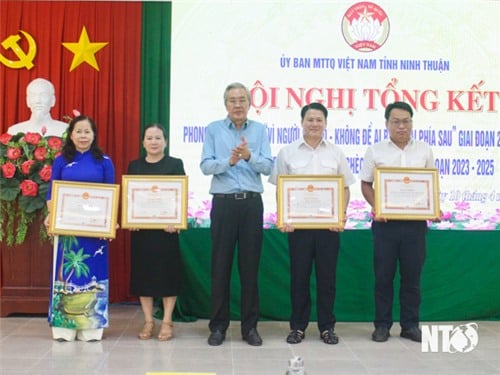
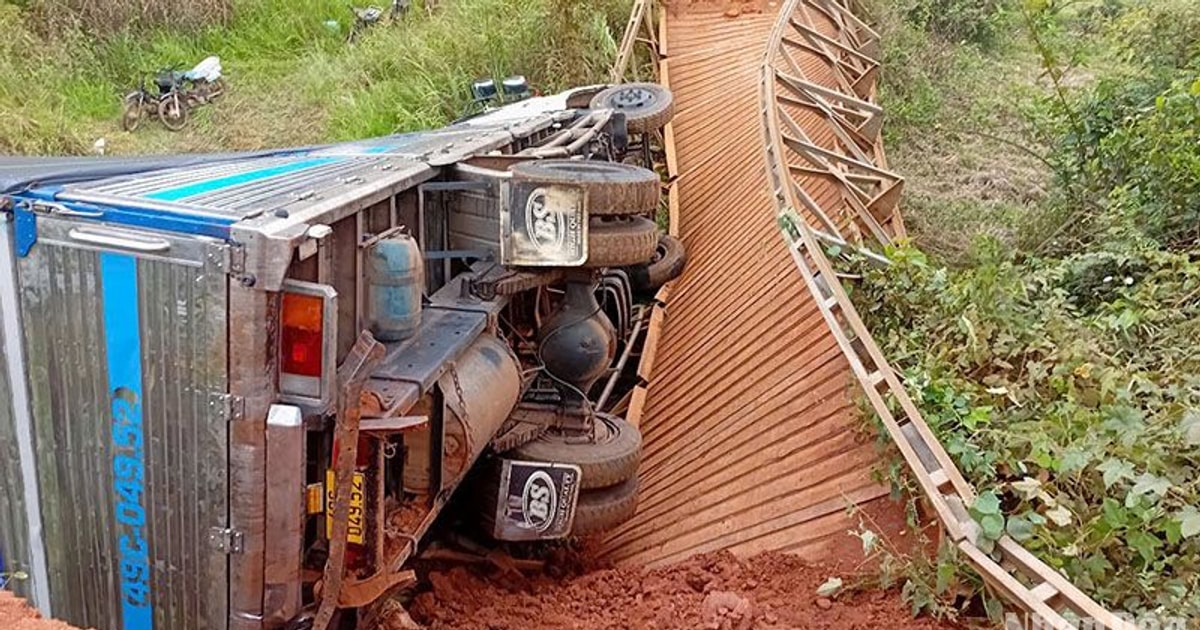










































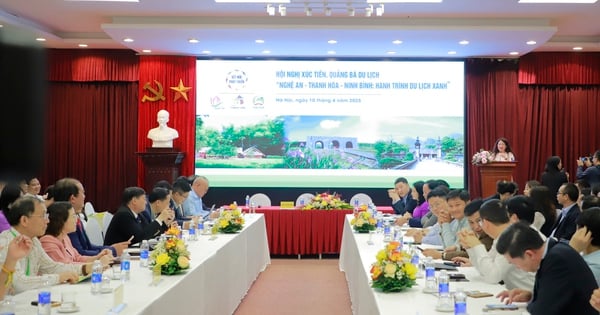



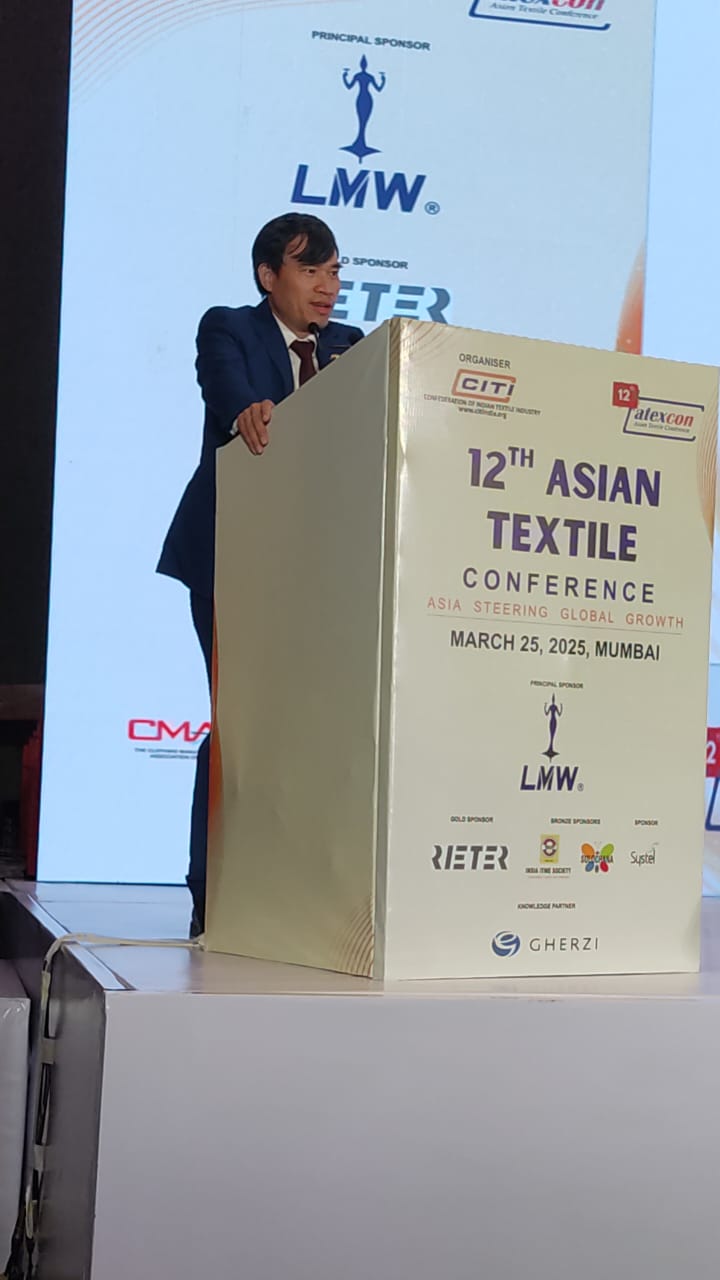
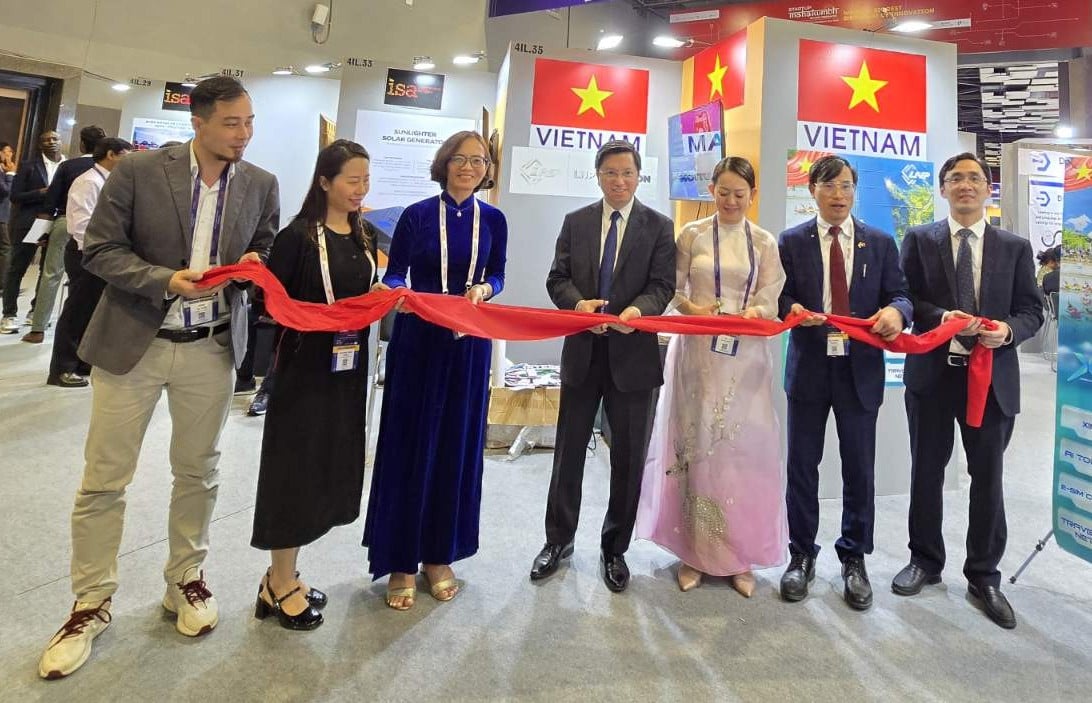
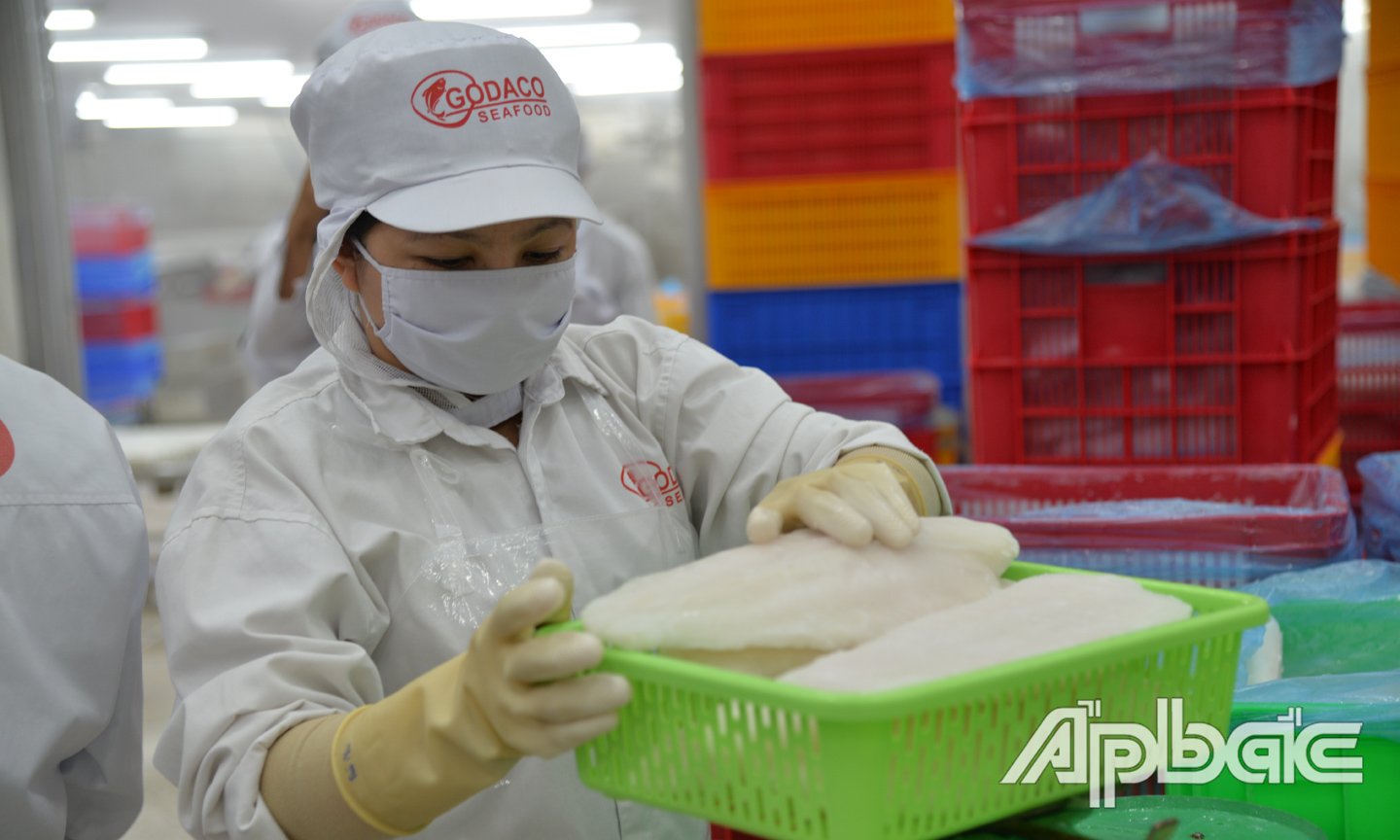

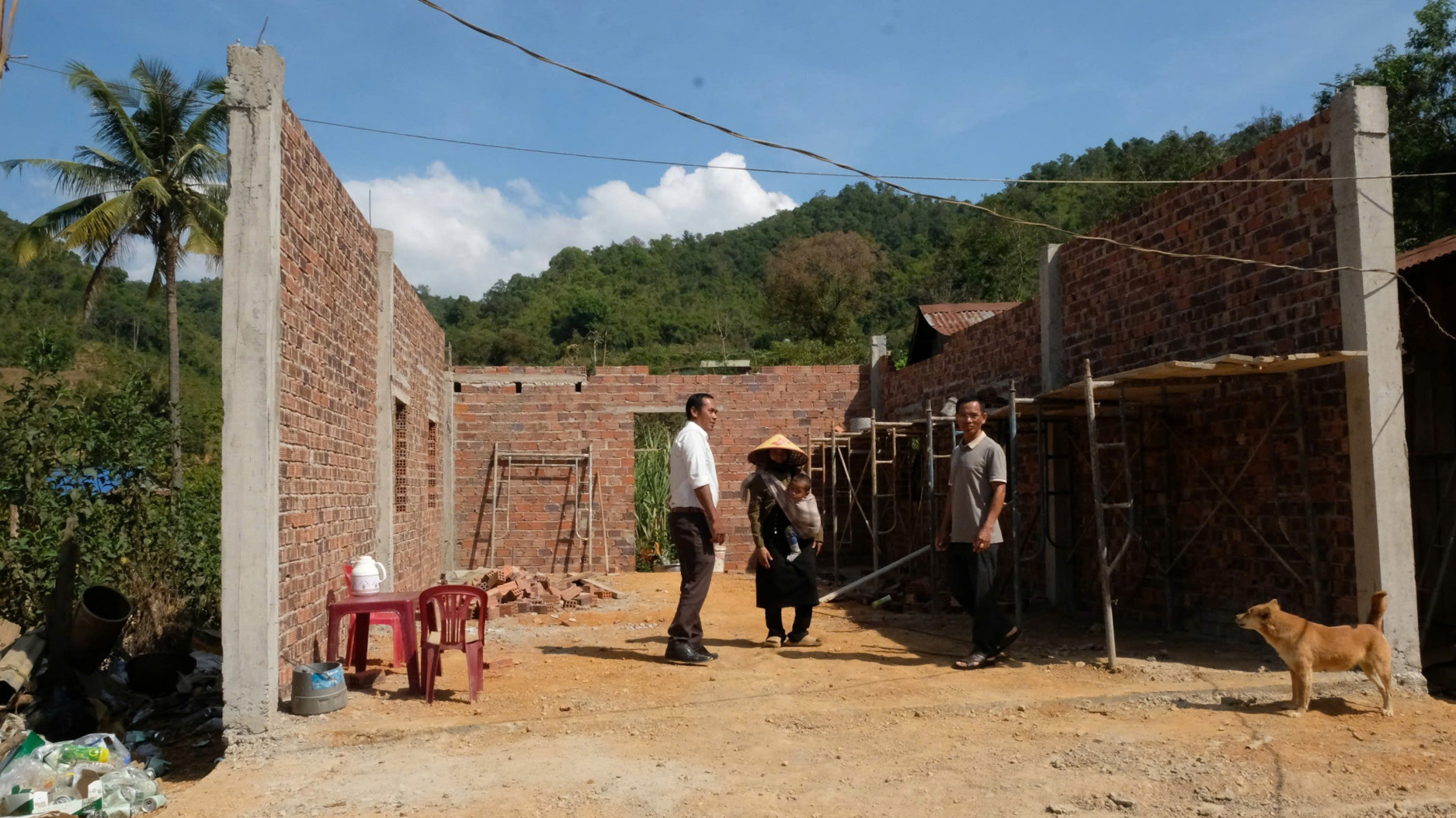

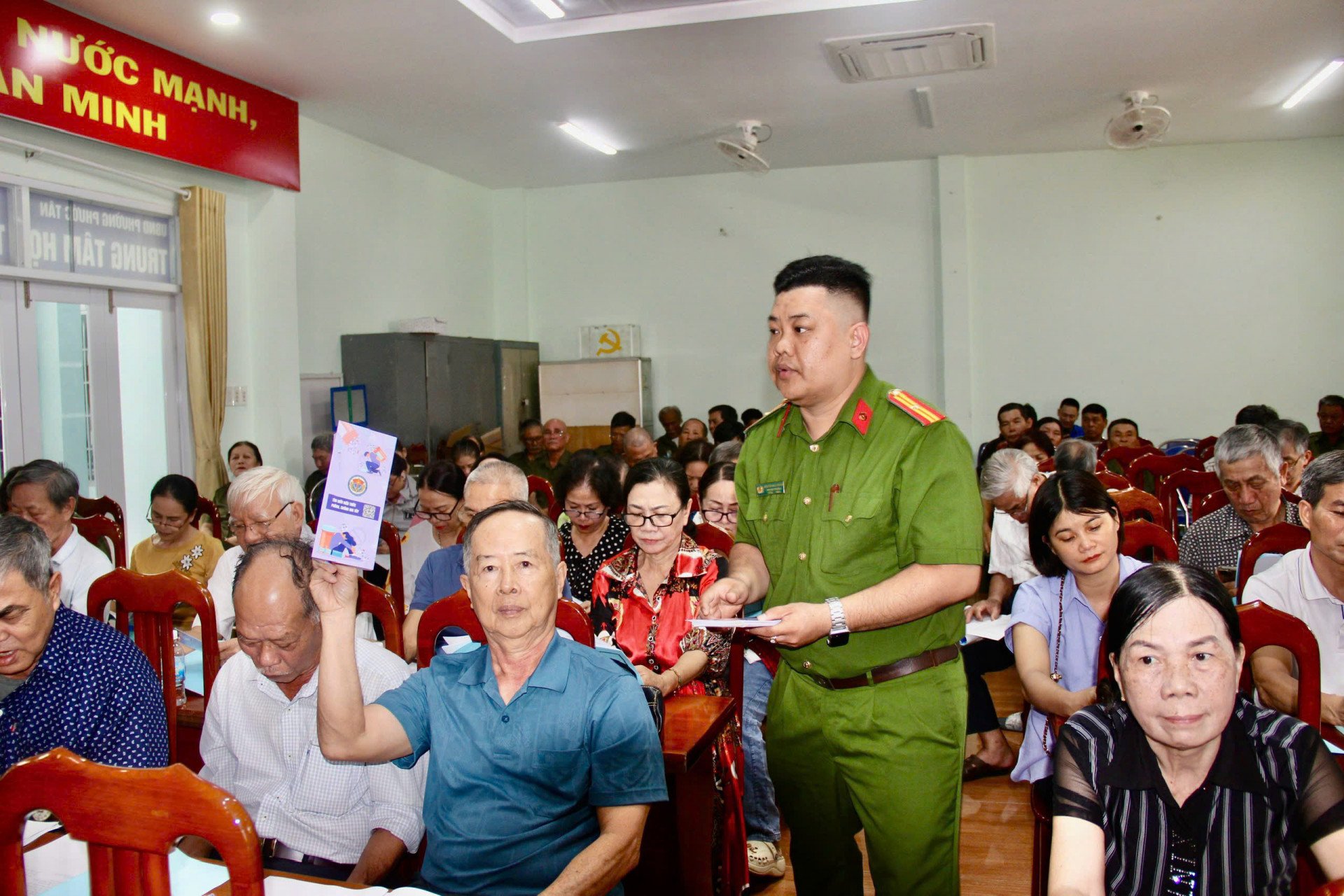

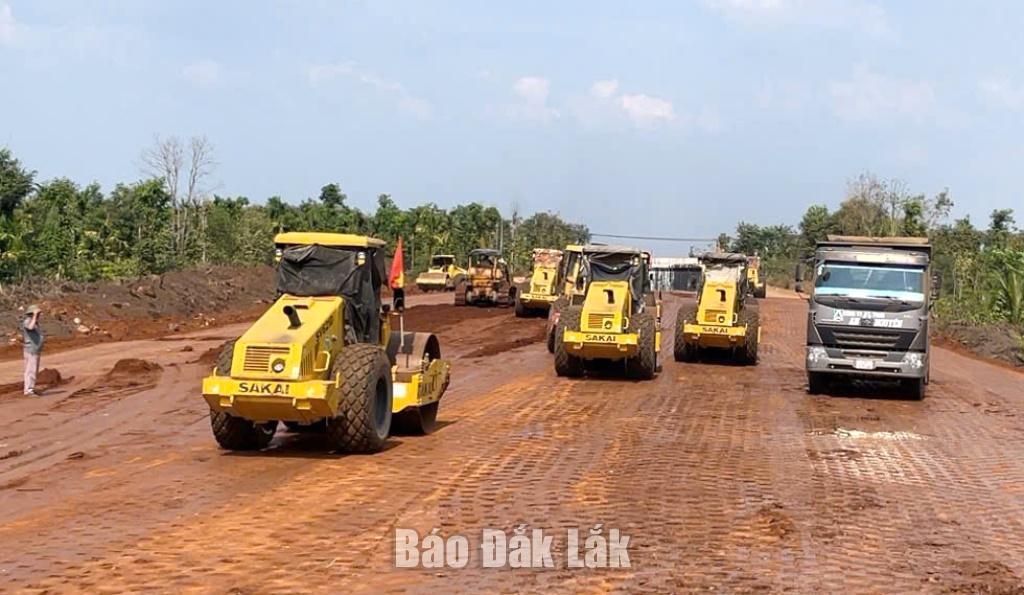

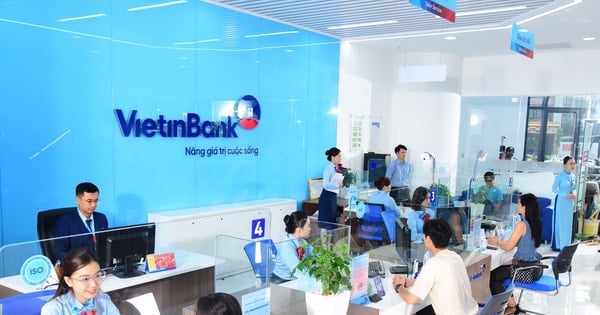







Comment (0)